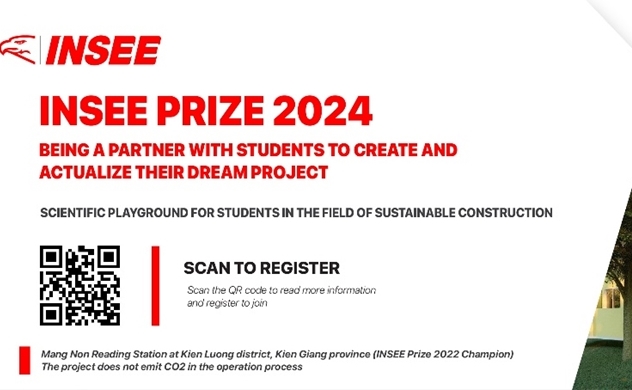Spiritual estate, an attractive land for ambitious developers
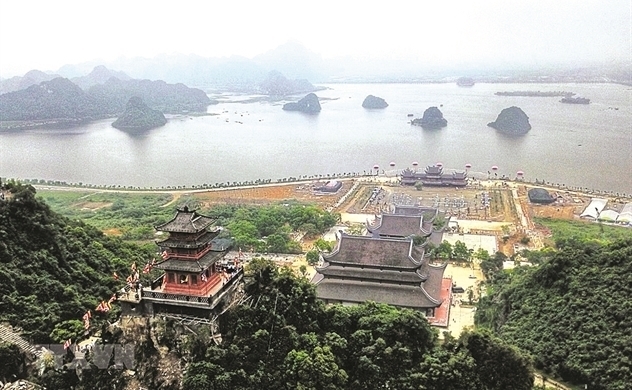
Photo: Vietnam News Agency
Thanh Thanh Cong Group is a good example for this investment trend. It is developing an eco-tourism complex in Ta Cu, Binh Thuan province. The project is located on a sacred land with the ancient temple of Linh Son Truong Tho, which has the Buddha statue honored with the Asian record.
Saigontel, telecommunications-related giant, is also investing a spiritual property project. Phat Dat company is planning to build a spiritual estate in District 9, Ho Chi Minh City.
The developers believe that spiritual tourism will soon become a golden mine since the tourism demand keep increasing. Business result from Tay Ninh Tourism and Trading Company, which operates Nui Ba cable car system, show a robust growth.
In the first 6 months of 2019, the company reported $4.5 million pretax profit, 48% higher than whole-year goal. After-tax profit reached nearly $3.4 million, up 16% from a year ago.
With the earning per share of the 6-month period at $0.45, Tay Ninh Tourism - Trading Company has become the company with highest return on Vietnam’s stock market this year.
Despite the limitations of transport infrastructure and accommodation quality, the number of tourists visiting Ba Den Mountain Resort increased to 2.5 million visitors each year. Most of the visitors are from Ho Chi Minh City and neighboring provinces.
The resort has been expanded to 2,900 hectares to attract 8 million visitors by 2035. Besides attracting new investments, Tay Ninh provincial government has cooperated with Ho Chi Minh City to build the Ho Chi Minh City - Moc Bai Expressway.
In other countries, spiritual tourism is bringing significant revenue. India is an example. Survey result by Ixigo travel agency shows that religious-spiritual tourism has become one of the key growth-engine of Indian tourism market, accounting for more than 60% of total domestic tourism revenue.
More and more tourists choose visiting famous religious cities including Varanasi and Puri instead of luxury resorts. India's spiritual tourism market is estimated at $40 billion.
In Vietnam, the increasing capital flows from the private sector to spiritual property project has brought positive effects.
The investment wave quenched the thirst of experience tourism associated with religion of the Buddhist pilgrimage.
Unlike other entertainment segments, the spiritual tourism market requires a more cautious approach in planning. Besides creating more favorable conditions for strategic investors to inject capital, the government needs more tools to limit the less transparent financial profiteering acts.
Same category news
Latest news
-
Huyen Hoang

 TIẾNG VIỆT
TIẾNG VIỆT 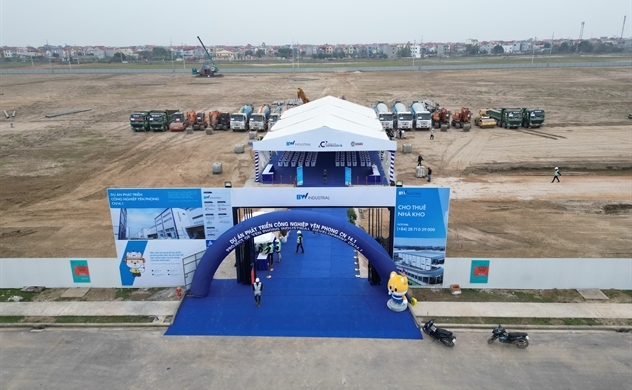
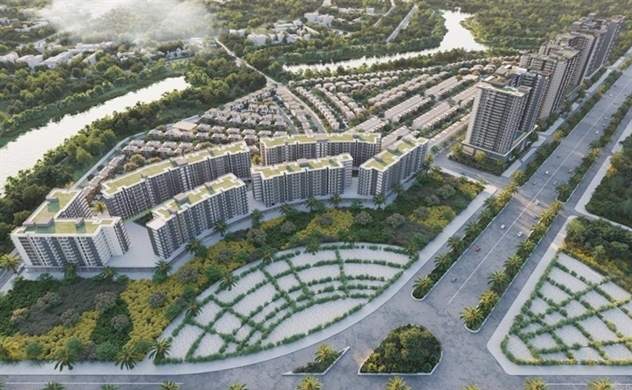
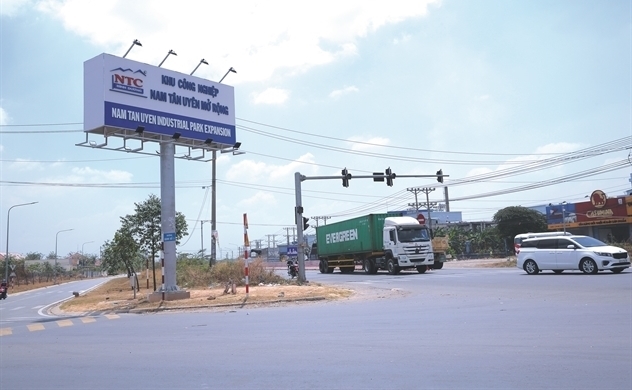
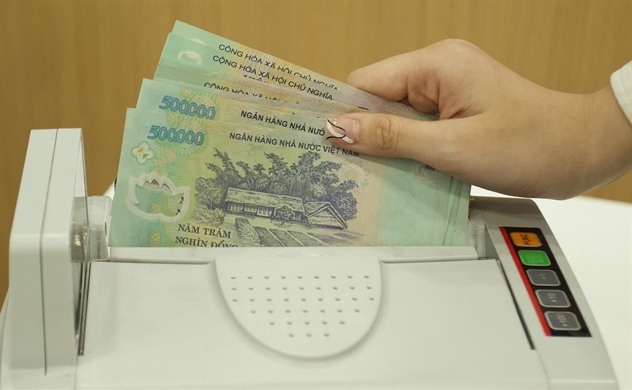
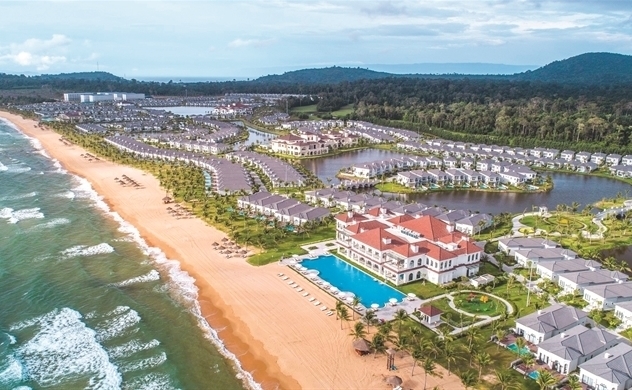
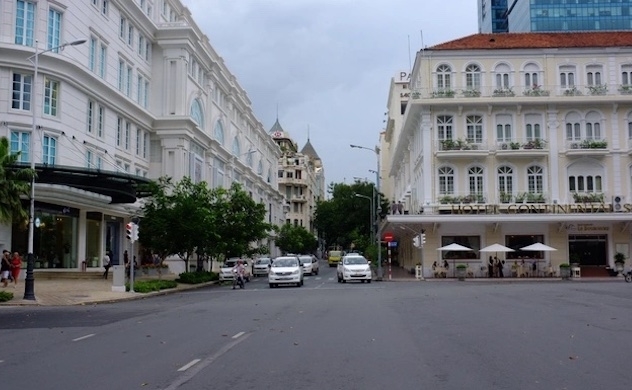

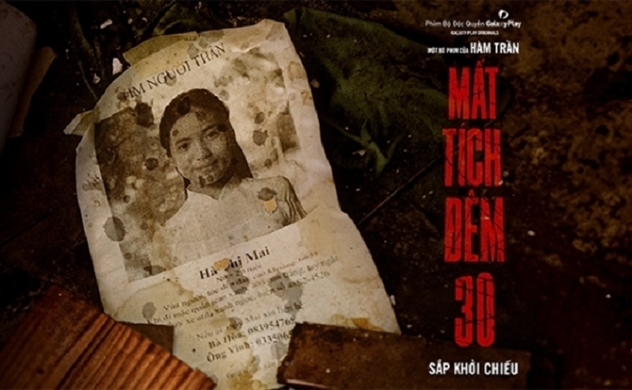

_291615658.jpg)
